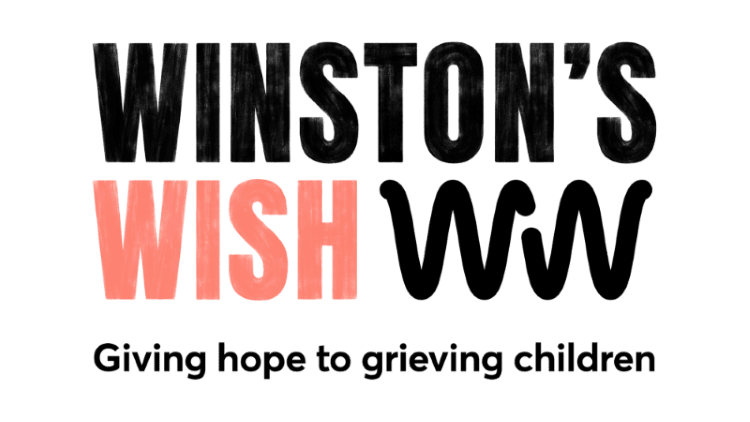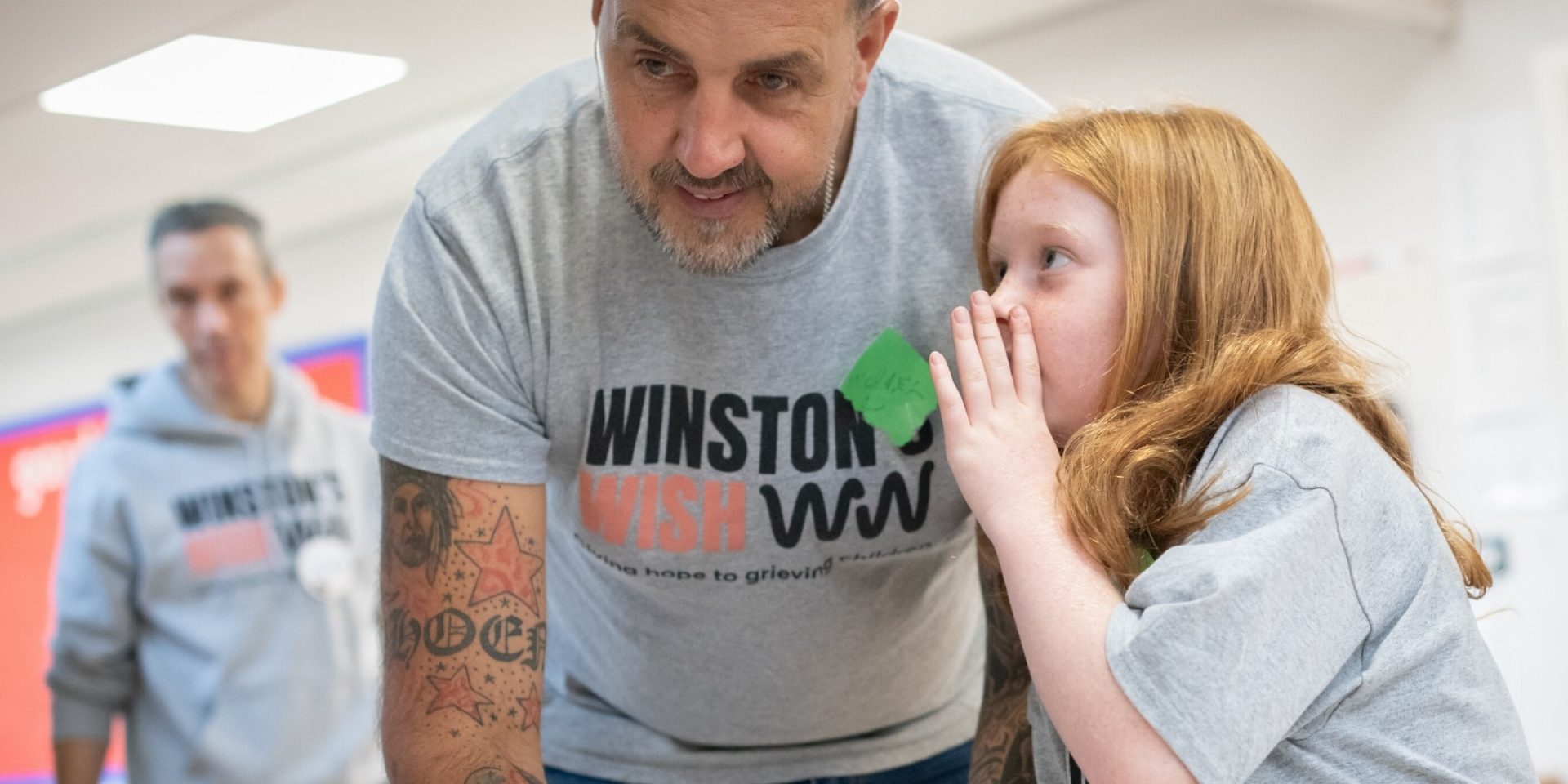It is a sad fact that suicide rates are tragically on the rise in the UK. Stories are regularly reported in the media, widely communicated in person and across social media, resulting in exposure to sometimes quite distressing reports.
When these sorts of events hit the news, it’s important to think about how and what we communicate with children and young people. Most children and young people will have heard it talked about, and in some instances, it will be a significant topic of conversation in the playground.
Remember that all adults, especially teachers, carers and parents, are important role models – and so we need to take the lead. It is appropriate and important to let children and young people know that we are all likely to have an emotional reaction to a tragic event. We can show them that feeling sad, angry, confused or upset is normal, however, we also want to reassure them and show them that we are able to cope with even the most difficult tragedies.
For families who have experienced the death of a loved one by suicide, stories of suicide in the news can trigger feelings, prompt questions from children, or create an opportunity to tell a child or young person what happened to someone they knew.
Explaining a death by suicide to a child can be one of the most difficult conversations a parent or carer can have. Here is some advice from the experienced team at Winston’s Wish for anyone supporting a child or young person who may have been affected by recent media coverage.
Be truthful
Media coverage, social media and overheard conversations can all lead to a child finding things out which may or may not be true. Children pick up on things very easily and often know much more than we think they do, but it can be frightening and confusing for children if the truth is not explained to them.
We can naturally worry that by talking about tragic events we can trigger fears or make children think they are more likely to happen. However, we have learnt that not talking about something as important as people dying, being killed, or ending their own lives, is more like to increase a child’s anxiety and confusion. It is much better for a child or young person to hear the facts from a trusted parent or carer in a safe environment.
Present information clearly
When talking to children about death and suicide it is important to use words that they understand and which are appropriate for their age. Be direct, use clear and honest language and avoid euphemisms, such as ‘asleep’ or ‘gone away’. These euphemisms can be particularly confusing for younger children who tend to take words literally.
The language used and the child’s need for information and understanding will vary according to their age and developmental stage. Older children and teenagers will already have a greater understanding of death, but may want to talk in more detail about what has happened, and are likely to value clear information and the opportunity to discuss their feelings.
Break information down into bite-sized chunks
When a child has heard the term ‘suicide’ in the news or from their friends and is asking questions, it can be helpful to break the information down into smaller chunks. Start with the simple details, that the person has died and how they died, before explaining that the person decided to take their own life.
How quickly you give all the chunks of information is also dependent on the child’s age and developmental understanding.
Listen and encourage questions
It’s important to check what the child or young person understands about death and suicide and to find out if they want more information. Experience tells us that when a child asks a question they are ready to hear the answer, so it’s important to let your child know that they can come and ask you more questions about it at any time.
Reassure and comfort
The way in which adults talk about tragic events can convey a lot. Children will be more reassured by a straightforward, matter-of-fact tone than by the actual words used. So, whilst acknowledging sadness or upset, we want to be calm and reassuring in our manner.
All children (and adults) will respond differently to death and suicide – but what is universally needed by children is love, kindness and reassurance. A cuddle can go a very long way.
Be honest about your own emotions
It’s ok to let children and young people know that you feel sad too. It helps them to understand that their own emotions are normal and healthy – and it gives them permission to accept them.
Where to get support
If you need advice on talking to a child about a death by suicide, you can call our Freephone Helpline on 08088 020 021 (9.00am-5.00pm, Monday-Friday), email us on ask@winstonswish.org or use our online chat.
Our Winston’s Wish Crisis Messenger is available 24/7 for urgent support in a crisis. Text WW to 85258.
Other resources you might find helpful
Suicide bereavement support
Guidance on supporting children and young people bereaved by suicide and the emotional and practical support Winston’s Wish can offer.

Publications and resources
Our specialist publications help adults to support children and young people of all ages and in all circumstances, including a book for those bereaved by suicide.


